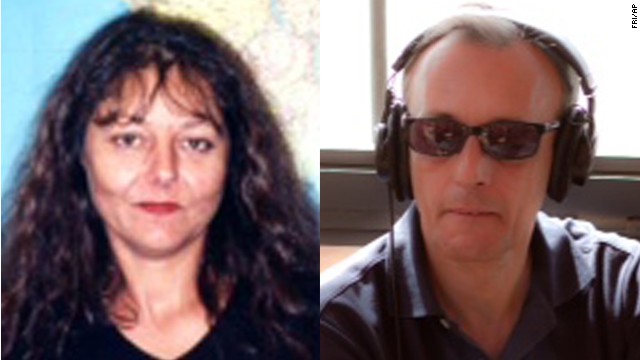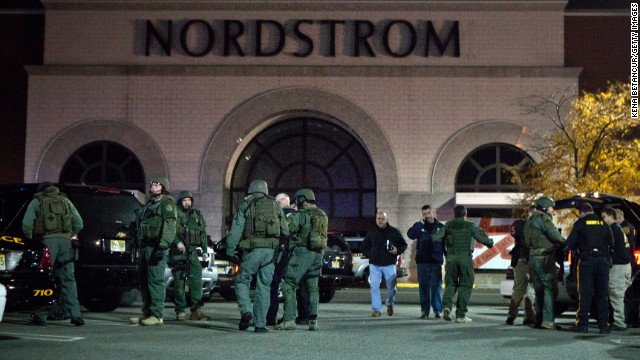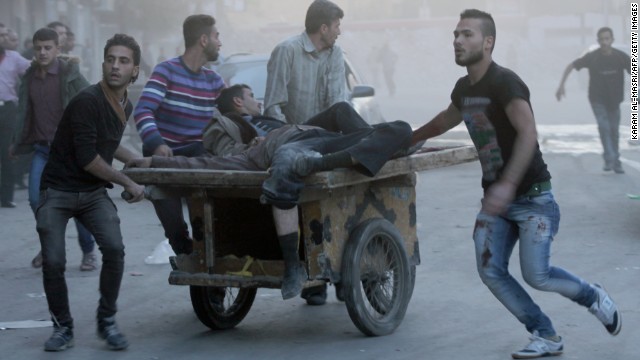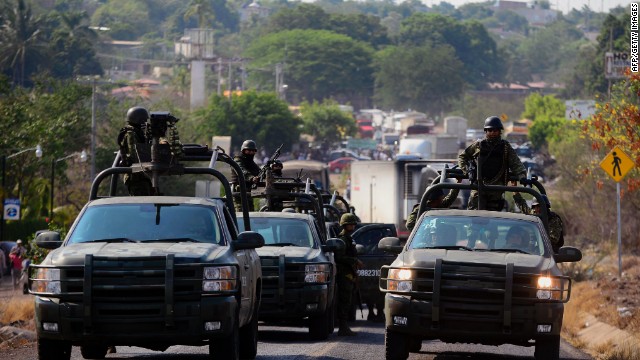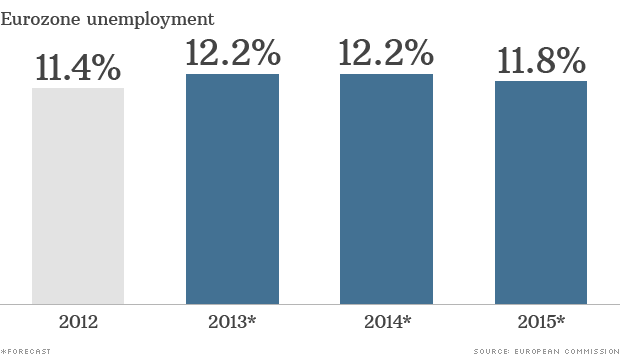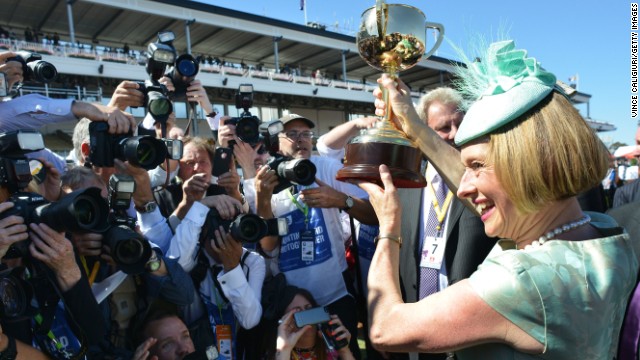
Gai Waterhouse made history on Tuesday by becoming the first
female Australian trainer to win the Melbourne Cup, the country's most
prestigious horse race.
Waterhouse saw her pre-race favorite Fiorente fend off competition
from 2011 runner-up Red Cadeaux to win "the race that stops a
nation."
"Everyone wants to win the majors and the Melbourne Cup is
the biggest one of them all," said Waterhouse, who was born in Scotland,
raised in Sydney and once appeared in British sci-fi television show Doctor Who
during her earlier career as an actress after returning to the UK.
"It's a burning desire so today was fantastic ... His
(Fiorente's) preparation was in Melbourne and I knew he was primed for the
occasion.
Victorious jockey Damien Oliver won the Flemington race for the
third time in his career, despite only recently returning from a 10-month ban
imposed for betting on a rival horse in 2010.
"It's amazing, a dream come true. It's really hard to
believe," said Oliver. "I'm so rapt right now that I've been part of
Gai's first win -- she's done so much for racing and it's a great honor for me
to help her bring up the first one.
"Gai was one of the first people to really get behind me when
I came back and I can't thank her enough for helping me get going again."
After her historic win, Waterhouse was asked about the possibility
of taking both Fiorente and her other horse Tres Blue, which finished in 22nd
place, across to Britain for Royal Ascot in August 2014.
"I'd like to go," she replied. "Both horses could
easily come back to Europe. Tres Blue was just a bit new to it all."
Retired English football star Michael Owen saw Brown Panther, a
horse he bred and co-owns, finish the race in eighth position.
Brown Panther was hampered by a gash it sustained during the race
after a coming together with another horse, but Owen confirmed the animal had
suffered no serious injuries.
"Eighth out of 24 pretty respectable," Owen said via his
official Twitter account. "Proud of him. Just hope he is OK as he has been
struck into during the race."
"Scan has come back clear," Owen added later. "Only
superficial gash that requires stitches. We live to fight another day!"
